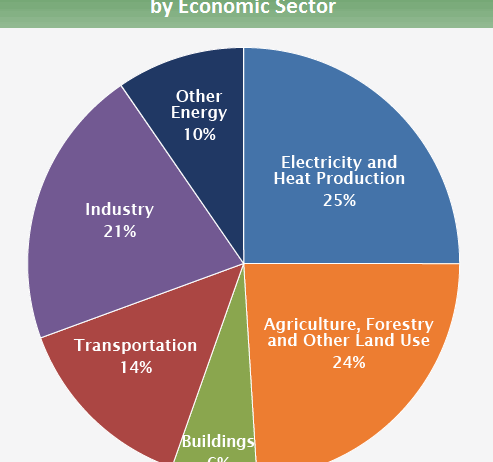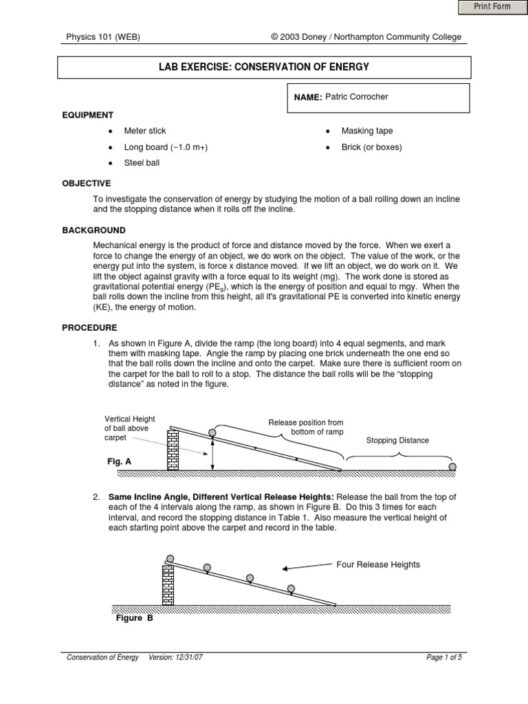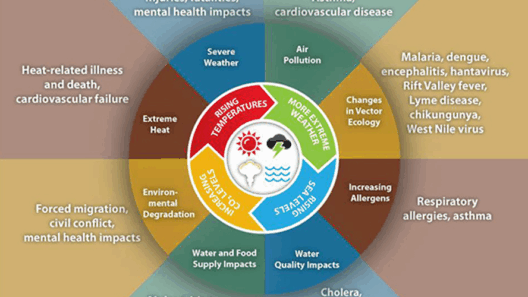Climate change is an urgent crisis that affects every single one of us, yet many remain blissfully unaware of their contribution to this global issue. Have you ever pondered how your daily choices impact the delicate balance of our atmosphere? It’s a playful question, but it leads to a formidable challenge: transforming our awareness into actionable change. Every atom of carbon dioxide and every ounce of methane emitted from our daily activities adds up in the grand equation of climate change. In order to tackle this pressing concern, let’s delve into the multifaceted nature of human-induced emissions, providing a comprehensive breakdown of our everyday actions and their consequences.
Humans primarily influence climate change through three major sectors: transportation, energy production, and agriculture. Each sector radiates its own myriad of emissions, dictating the ways in which we engage with our environment. Understanding the magnitude of our impact in these areas is critical for addressing global warming.
Transportation stands as a quintessential contributor to greenhouse gas emissions. Every time a vehicle propels down the road, it releases carbon dioxide—a principal greenhouse gas—into the atmosphere. In fact, the transportation sector accounts for approximately 29% of total greenhouse gas emissions in the United States. This figure invites an exploration into the myriad factors encompassing our daily commutes: personal vehicles, commercial freight, and even air travel. Cars, trucks, and buses largely depend on fossil fuels—nonrenewable resources that emit significant amounts of carbon when combusted.
Moreover, the rise of urbanization has led to increased traffic, compact living spaces, and thus a higher concentration of vehicles on the roads. Everyday choices, such as opting for carpooling, public transit, or cycling, can convert a single individual’s high carbon footprint into a more sustainable communal approach. Has anyone considered how many short car trips could be replaced with a simple jaunt by bicycle? Not only could this reduce emissions, but the act of biking itself could yield health benefits while averting climate change.
Energy production poses another significant avenue for human impact on climate change. The generation of electricity and heat comprises roughly 25% of total greenhouse gas emissions globally. In many countries, this energy is still sourced predominantly from fossil fuels, including coal, oil, and natural gas. The combustion of these materials creates a corrosive cocktail of greenhouse gases, exacerbating the greenhouse effect. Transitioning to renewable energy sources—such as solar, wind, and hydroelectric—could play a vital role in mitigating these harmful emissions.
Additionally, consider the inefficiencies in energy consumption found in homes and businesses. Numerous energy-hungry appliances and systems collectively contribute to an inflated carbon footprint. Simple changes such as switching to energy-efficient light bulbs, utilizing smart thermostats, or implementing proper insulation can significantly trim energy waste, paving the way toward a greener lifestyle.
However, the link between human behavior and energy consumption does not end here. The demand for electricity often surges during peak hours, leading to increased emissions due to reliance on less efficient backup generators. Therefore, by shifting our habits and embracing energy-saving strategies, we can transform our environmental presence immensely.
As one evaluates the greenhouse gas emissions originating from the agricultural sector, the situation becomes rather complex. Agriculture doesn’t merely produce food; it also generates methane and nitrous oxide—two potent greenhouse gases. Estimates indicate that agriculture contributes approximately 10% of total U.S. emissions. Livestock farming, especially ruminant animals, emits methane through digestion. The fertilizers used to enhance agricultural productivity further contribute to greenhouse gas emissions when they degrade into nitrous oxide.
The increasing global population amplifies the pressure on agricultural systems to produce more food, often at an environmentally detrimental cost. Innovative approaches to sustainable farming, such as regenerative agriculture and plant-based diets, promise to decrease the current emissions trajectory. Are we prepared to question our eating habits, perhaps even adopting a periodic meatless day? Embracing these changes not only lowers individual carbon footprints but fosters an entirely new cultural approach to food consumption.
Furthermore, the waste produced from our daily lives has a surprising impact on climate change. When organic waste decomposes in landfills, it generates methane—a gas far more potent than CO2. By minimizing waste through composting, recycling, and conscious consumption, individuals can simultaneously address emissions stemming from both organic decay and resource extraction.
In this extensive examination of emissions, the overarching message remains clear: humans unequivocally influence climate change through their everyday decisions. As the intricate web of transportation, energy production, agriculture, and waste management intertwine, it becomes evident that collective action is imperative for restorative change. Engagement can arise from seemingly small everyday activities, altering the trajectory of our emissions and healing our atmosphere. So, the question lingers: are you ready to embrace the challenge? Understanding the ways we can reduce our carbon footprints is not only necessary; it’s also an empowering call to contribute to a sustainable future.
Ultimately, change begins with awareness. We must challenge ourselves to think critically about our habits, involving conscious decisions that ripple outward into our communities and, indeed, the entire planet. The fight against climate change may seem daunting, but with each altered habit, we propel ourselves further along the path toward sustainability. Engaging with the issue is not merely a choice but a responsibility we owe to both ourselves and future generations.







